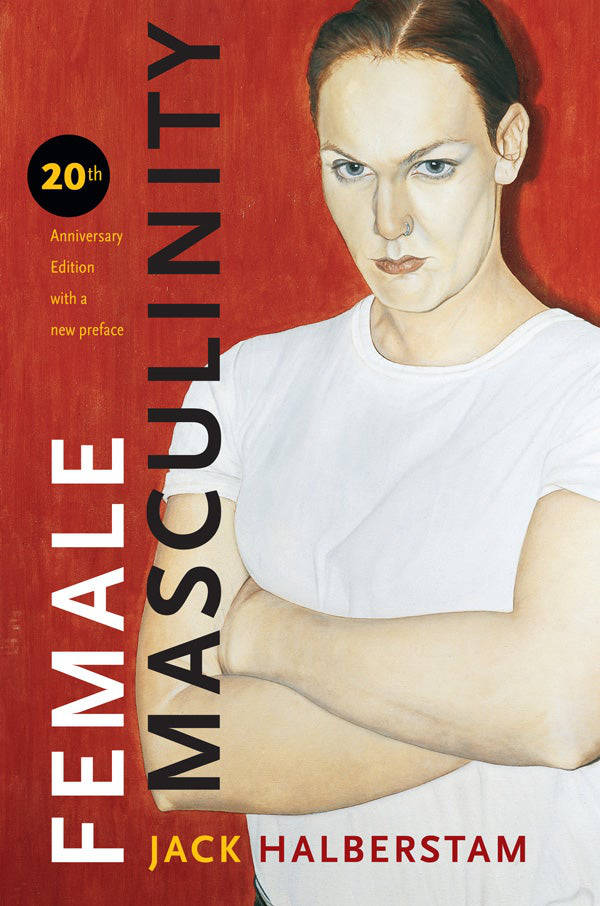
Cruiser L'Utopie
First French translation of José Esteban Muñoz's field defining work—an intellectual inspiration for a generation of LGBTQ scholars.
Cruiser l'utopie describes a movement, a drifting advance between theory, philosophy, art criticism and personal narrative. The works cited, narrated, are mixed with family or individual narrative and more academic considerations. This practice of queer theory and aesthetics is part of a new interpretation of hope as perceived by philosopher Ernst Bloch, articulated with black radical thought and the poetic research of authors such as Fred Moten and Eileen Myles.
Muñoz focuses here on the period of the Stonewall revolts (New York, 1969) and analyzes, for example, the works of Frank O'Hara, King Jone/Amiri Baraka, Andy Warhol, Kevin Avance, Samuel R. Delany, Fred Herko, Jill Johnston, Ray Johnson. Queer theory as a study has a new way of researching and writing, a form of hybridity between philosophy and cultural studies. The critique is, as if by anticipation, contained in the counter-normative artistic practice and daily life whose narratives, both subjective and historical, hint at a queer future, a place of transformation and liberation.
The text, translated from English by Alice Wambergue, is accompanied by a preface by Elisabeth Lebovici and a poem by Fred Moten.
José Esteban Muñoz (1967 - 2013) is a queer scholar and art theorist. Author of The Sense of Brown (published posthumously in 2020), Cruising Utopia, the Aftermath and Elsewhere of Queer Advent (2009), and Disidentifications: Queers of Color and the Performance of Politics (1999), he edited the collective works Pop Out: Queer Warhol (1996) and Everynight Life: Culture and Dance in Latin/o America (1997). Muñoz has long taught in the Department of Performance Studies at New York University's Tisch School of the Arts and edited the Sexual Cultures series at New University Press, where he has published works such as Jack Halberstam and Samuel Delany.







